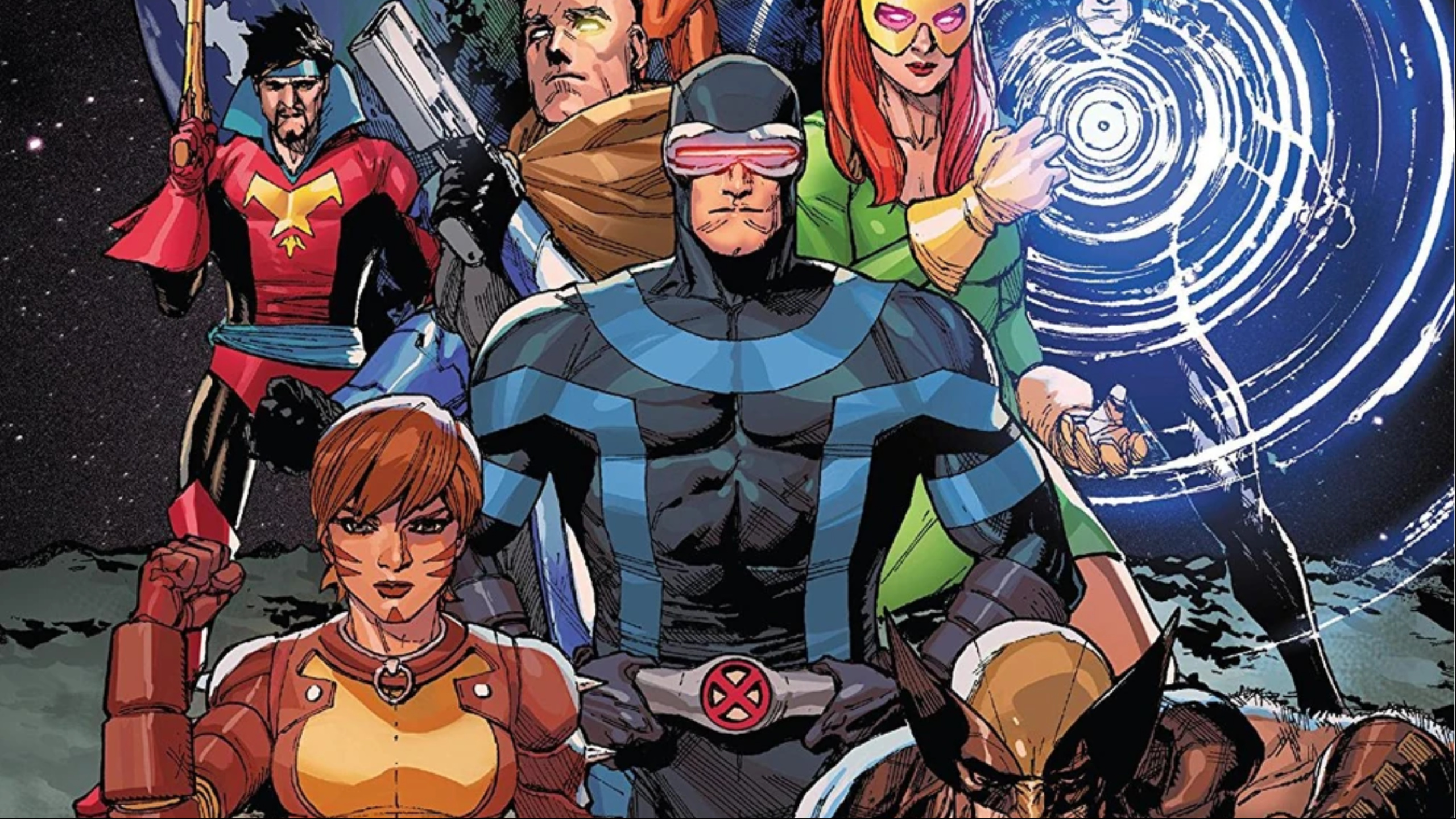
The X-Men are among Marvel’s most cherished franchises, captivating readers for a long time. There are some exceptional X-Men tales, books that revolutionized the comics industry. Unfortunately, at present, the X-Men find themselves in a bit of a rut with the “From the Ashes” storyline failing to impress fans. The most disappointing aspect was that the X-Men had just concluded an incredibly creative period known as the Krakoa Era. This era was marked by writer Jonathan Hickman, who is widely regarded as one of the best writers currently in the industry by many fans. The Krakoa Era enjoyed popularity for quite some time, with Hickman penning X-Men event comics like “House of X,” “Powers of X,” and “Inferno,” all while also writing the main comic of the entire series: “X-Men.
Jon Hickman was appointed as the “Lead of X” and tasked with overseeing a team of writers and artists to develop the X-Men series. Instead of strictly adhering to his plan, changes were made throughout the line which ultimately marked the end of Hickman’s tenure in the X-office. While Hickman produced some outstanding X-Men tales, it could be debated that his run on X-Men was at most average. Despite its occasional highlights, the book falls short of the quality demonstrated in Hickman’s previous Marvel team books.
Hickman’s X-Men Never Really Came Together

Before diving into our analysis of Hickman’s “X-Men” (Vol. 5), I feel compelled to clarify that this series was not subpar; it had some exceptional issues, such as issue #4 which stood out, a thrilling three-issue story spanning issues #5, #18, and #19, and the Mystique/Nimrod issues (#6 and #20) were highly entertaining. However, these high points were infrequent. The majority of Hickman’s “X-Men” was centered around brief one to two issue stories, each laying the groundwork for Krakoa. We saw the establishment of the Summers House on the moon, the reappearance of the Vault, Mystique spying on Orchis and Destiny’s prophecy, Shi’Ar Empire antics, crossovers with the Marvel event book “Empyre”, and Cyclops collaborating with various mutants on Krakoa for adventures. Notably, there was no traditional X-Men team in this book; instead, it focused on Cyclops partnering with various mutants on Krakoa. Additionally, readers were introduced to a fresh origin story for Apocalypse as part of the “X of Swords” crossover, a collaboration between Hickman and the writer of “Excalibur”. Unfortunately, this series did not compare favorably to Hickman’s work on team books like “Secret Warriors”, “The Ultimates”, “Fantastic Four”, “Future Foundation”, “FF”, “Avengers”, and “New Avengers”, and it ultimately posed challenges for the entire X-Men line.
It’s puzzling to grasp why Jonathan Hickman’s X-Men didn’t live up to its full potential, according to recent interviews with the author himself. Apparently, he wasn’t content with altering his original narrative and believes he should have remained more steadfast in his vision. Examining his work on the X-Men series, it’s evident that deviations from Hickman’s overall plan had a significant impact on the comic book. The early issues of X-Men seemed to lay groundwork for future events; however, following the “Empyre” and “X of Swords” crossover issues, it appears the series lost its voice, focusing mainly on wrapping up the Vault storyline and delivering another Mystique/Nimrod tale.
Initially, a comic setting up concepts for later is beneficial, which seemed to be the direction X-Men (Vol. 5) was heading. Yet, as Hickman’s role in the X-Men writing team evolved, the series became more filler than substance. The start of X-Men was promising, with fans appreciating Hickman’s early efforts on the book. Even at that point, before the behind-the-scenes drama within the X-Men office was known, there seemed to be an underlying issue with X-Men. It never quite came together and has since been a letdown for many fans.
X-Men Was a Flagship Book That Wasn’t Leading

Jon Hickman’s run on X-Men for Marvel comics was a significant unrealized potential. After rejoining Marvel, it was widely publicized that Hickman picked the X-Men because they were one of the few remaining properties he yearned to work on at Marvel Comics. The initial issues of House of X/Powers of X and the early volumes of X-Men (Vol. 5) showcased Hickman’s enthusiasm for his storytelling during the Krakoa Era, promising an adventure that seemed destined to lead readers into uncharted territories. It all looked very promising at first, but the initial excitement began to wane as time passed, and the book still felt more like it was establishing foundations rather than propelling the narrative forward.
In the fifth volume of X-Men, it initially served as the main title representing the entire X-Men series. However, over time, it seemed less like it was guiding the series towards any significant direction. Instead, it appeared to be one of the least impactful X-Men comics as the story unfolded. Hickman’s work on X-Men (Vol. 5) wasn’t poor in quality – Hickman is simply incapable of producing anything that could be deemed as such – but it consistently fell short of delivering the type of comic book experience that fans were anticipating.
Read More
- Gold Rate Forecast
- PI PREDICTION. PI cryptocurrency
- Masters Toronto 2025: Everything You Need to Know
- Mission: Impossible 8 Reveals Shocking Truth But Leaves Fans with Unanswered Questions!
- SteelSeries reveals new Arctis Nova 3 Wireless headset series for Xbox, PlayStation, Nintendo Switch, and PC
- WCT PREDICTION. WCT cryptocurrency
- LPT PREDICTION. LPT cryptocurrency
- Eddie Murphy Reveals the Role That Defines His Hollywood Career
- Guide: 18 PS5, PS4 Games You Should Buy in PS Store’s Extended Play Sale
- Elden Ring Nightreign Recluse guide and abilities explained
2025-06-03 03:40